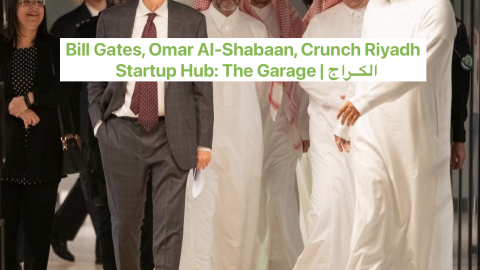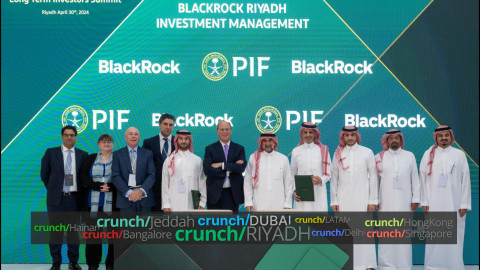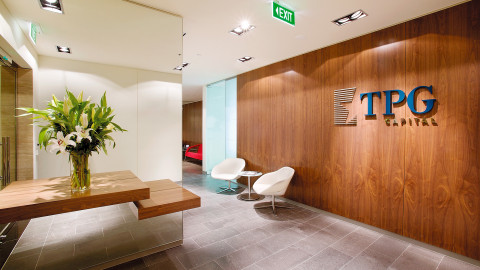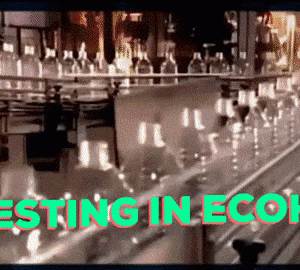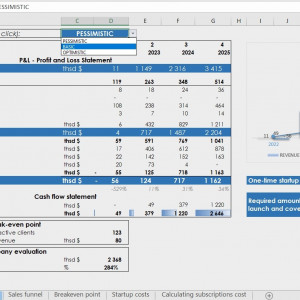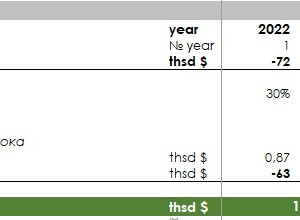MENA MARKET
As the summer draws to a close, the once-thriving startup scene in the Middle East and North Africa (MENA) region seems to be cooling down. In August 2024, startups across the region raised $83 million in 30 funding rounds. This represents a sharp decline of 76% from July’s impressive $355 million. Additionally, compared to the same period last year, there has been a 24% drop in investments. Saudi Arabia, a growing hub for entrepreneurial activity, secured a notable $16 million across nine deals, reflecting the region’s shifting dynamics. With this month-on-month decline, many are left wondering about the future of MENA’s vibrant entrepreneurial ecosystem. In this article, we dive deep into the key trends, the sectors that continue to attract investment, and what this means for the MENA region moving forward.
UAE Continues to Dominate
In August, UAE-based startups once again proved their dominance in the region by securing the lion’s share of investments. Thirteen UAE startups collectively raised $55.7 million, securing the top spot in terms of funding. This consistent performance reinforces the UAE’s position as a key player in the MENA startup ecosystem, with its startups frequently attracting significant capital.
In contrast, Saudi Arabia came in second, raising $16 million across nine deals. While this figure represents a decrease from previous months, Saudi startups are still gaining traction and securing substantial backing. This aligns with Saudi Arabia’s broader efforts to diversify its economy and become a leading player in the global tech scene.
A Sharp Decline for Egypt
Egypt, which had been at the forefront of MENA’s startup investment scene in July, experienced a dramatic downturn in August. After raising significant funds in the previous month, Egyptian startups managed to secure only $7.6 million across four deals. This steep decline is a stark reminder of the volatility that can sometimes characterize the startup funding landscape. However, Egypt’s entrepreneurial ecosystem remains resilient, and the country is likely to bounce back in the coming months as investors refocus on its vast potential.
Kuwait’s Rising Star
Kuwait also made headlines in August, thanks to a single high-value deal. Proptech startup Kem raised $3 million, placing Kuwait among the top four MENA countries in terms of startup investments. This development signals a growing interest in Kuwait’s startup ecosystem, which could see more attention in the coming months.
The Fintech Boom Continues
Investor appetite for fintech remains robust. For the third consecutive month, fintech startups were the most funded sector in the MENA region, raising an impressive $54 million across eight deals in August. This trend highlights the growing importance of financial technology in transforming traditional banking and payment systems across the region.

Notably, Web3 startups made a significant comeback in August, securing $13.5 million across three deals. After a quieter July, Web3’s resurgence points to renewed interest in blockchain and decentralized technologies. Additionally, the foodtech sector reemerged with $9 million raised by four startups, further diversifying the investment landscape.
Early-Stage Startups at the Forefront
August saw a notable lack of later-stage rounds, with most investment going toward early-stage startups. Two startups managed to secure $19 million for their Series A rounds, while seed-stage funding amounted to $15.6 million spread across five startups. However, a significant portion of the total investment—$35.4 million—went to startups that did not disclose their funding stage, leaving the allocation somewhat opaque.
The B2B Model Stays Strong
The business-to-business (B2B) model continues to attract investors, with 13 startups raising $46 million in August. This underscores the growing importance of B2B solutions in driving efficiency and innovation across various industries. In comparison, business-to-consumer (B2C) startups raised $15 million over five deals, while the remaining funds were distributed among startups operating in both models.
Gender Disparities in Startup Funding
A concerning trend in August was the continued decline in funding for female-led startups. Female founders accounted for a mere 0.3% of the total investment raised in the MENA region. Only one female-founded startup, Powder Beauty, raised an undisclosed pre-Series A round, while another startup with a female co-founder secured a $150,000 accelerator grant. The rest of the funds were overwhelmingly allocated to male-founded startups, raising questions about the inclusivity of the startup investment ecosystem in the region.

August Highlights: New Funds and M&A Activity
Despite the overall decline in funding, the MENA startup ecosystem was still buzzing with activity in August. One of the major highlights was the formation of Waad Investment, a new coalition of GCC-based family offices with a targeted value of $200 million. This firm aims to drive significant investment into the region’s growing startup ecosystem.
Another noteworthy development was the collaboration between Gate Ventures, based in Singapore, and the Blockchain Centre in Abu Dhabi, resulting in the launch of a $100 million fund dedicated to Web3 innovation. This initiative is expected to further fuel the growth of blockchain technologies in the MENA region over the coming years.

In Egypt, T-Vencubator launched its inaugural initiative, “Where’s the Problem?” This program is aimed at addressing challenges in the Egyptian entrepreneurial ecosystem, signaling a renewed focus on fostering innovation and supporting local startups.
The mergers and acquisitions (M&A) space also saw notable activity in August. UAE-based property crowdfunding platform Maisour was acquired by Meteora Developers in a multimillion-dollar deal, while Kuwait-based proptech startup Sakan acquired Qatari company Hapondo, further consolidating the region’s burgeoning proptech industry.
What’s Next for MENA Startups?
While August 2024 saw a significant drop in investment, the region’s entrepreneurial ecosystem remains vibrant. Sectors like fintech, Web3, and foodtech continue to attract interest, while early-stage startups are securing critical funding to grow and scale. As the MENA region adapts to shifting economic conditions, we can expect more strategic investments in high-growth sectors and increased focus on addressing the funding gap for female founders.
For investors and entrepreneurs alike, it will be crucial to stay informed about the evolving dynamics of the startup landscape in the MENA region. With several new funds launched and growing M&A activity, the future of MENA startups remains bright, even in the face of short-term downturns.
September 9, 2024


